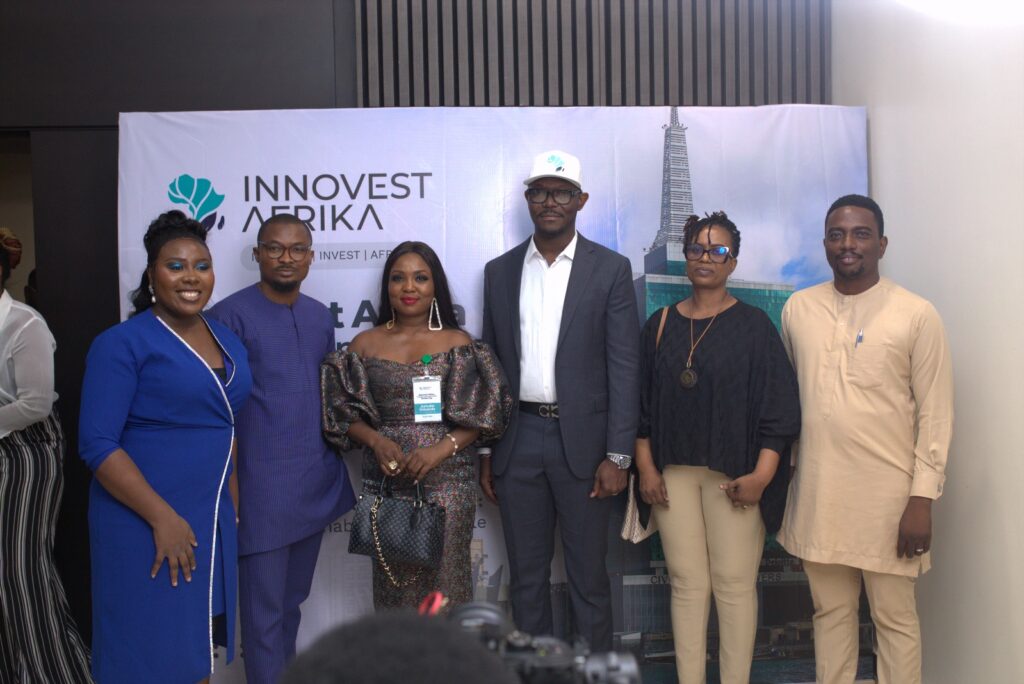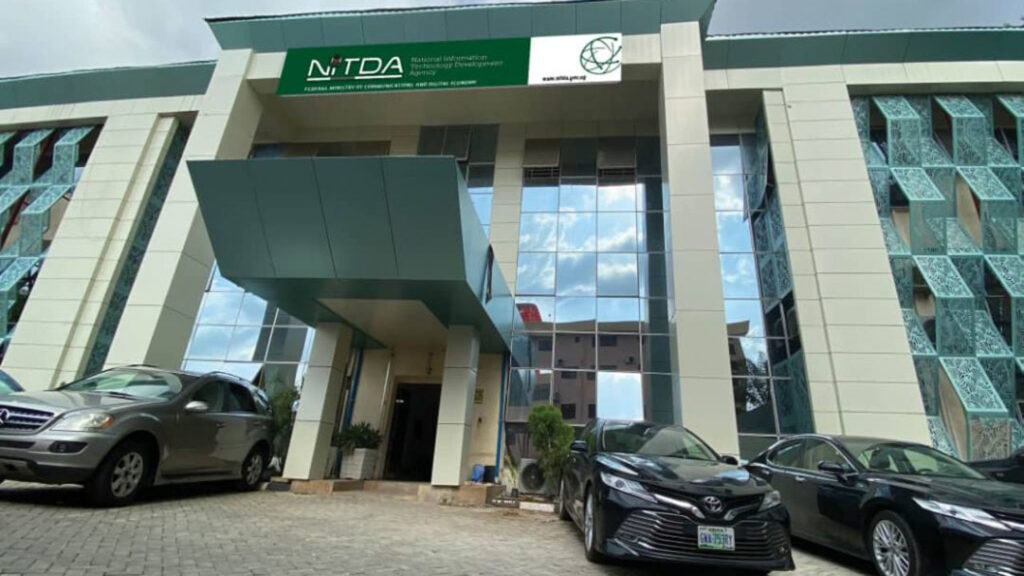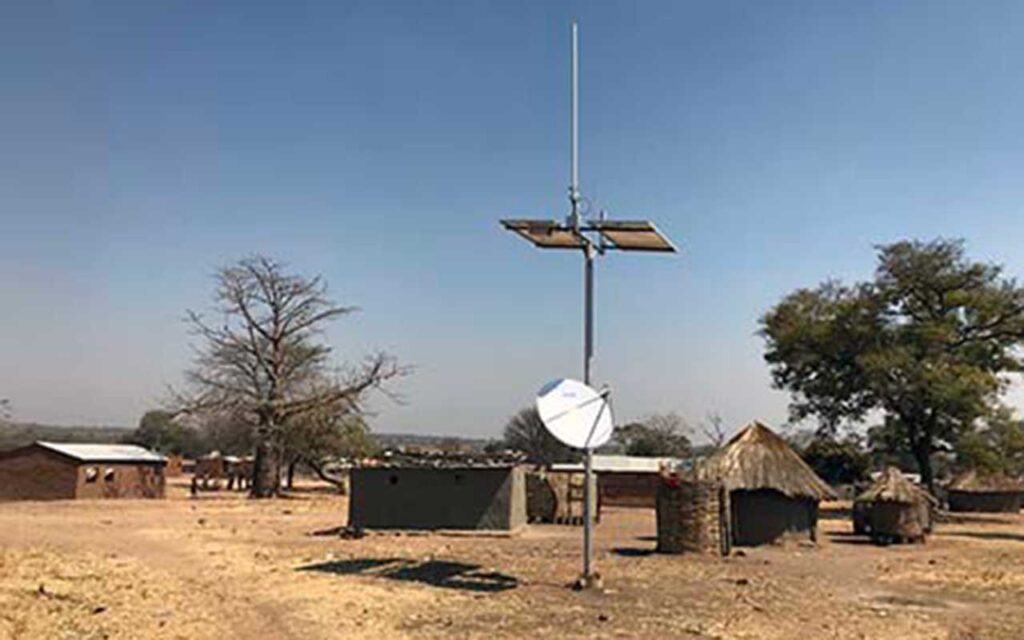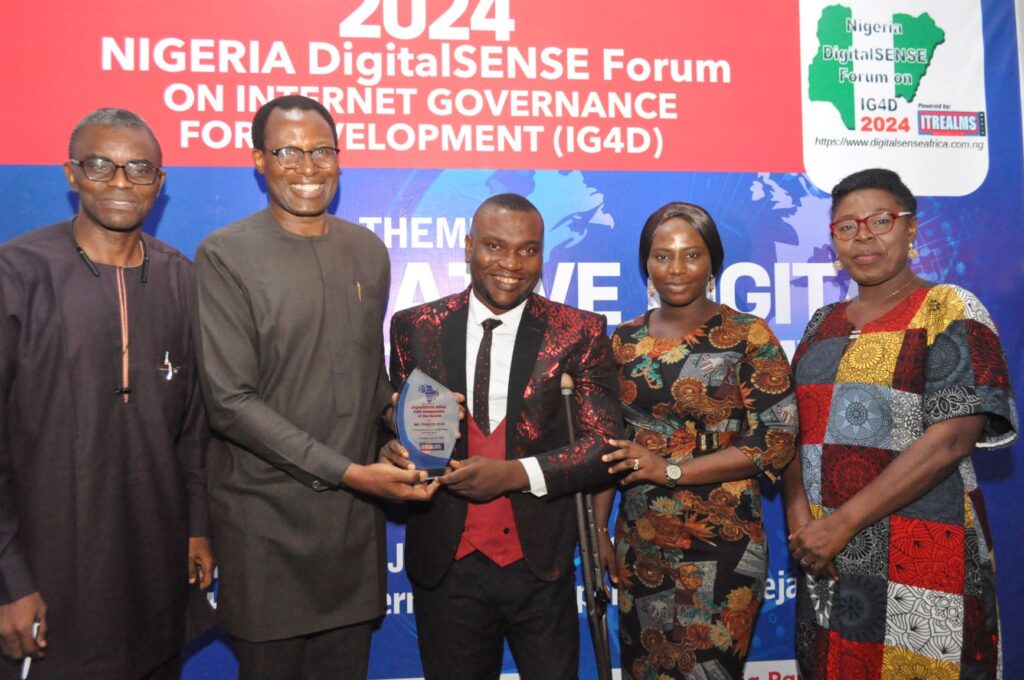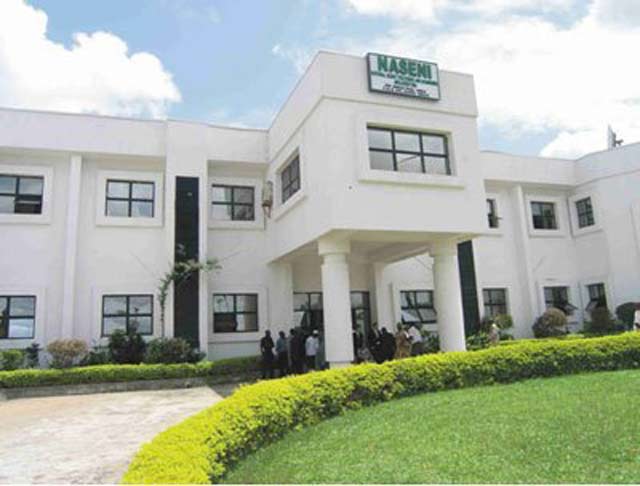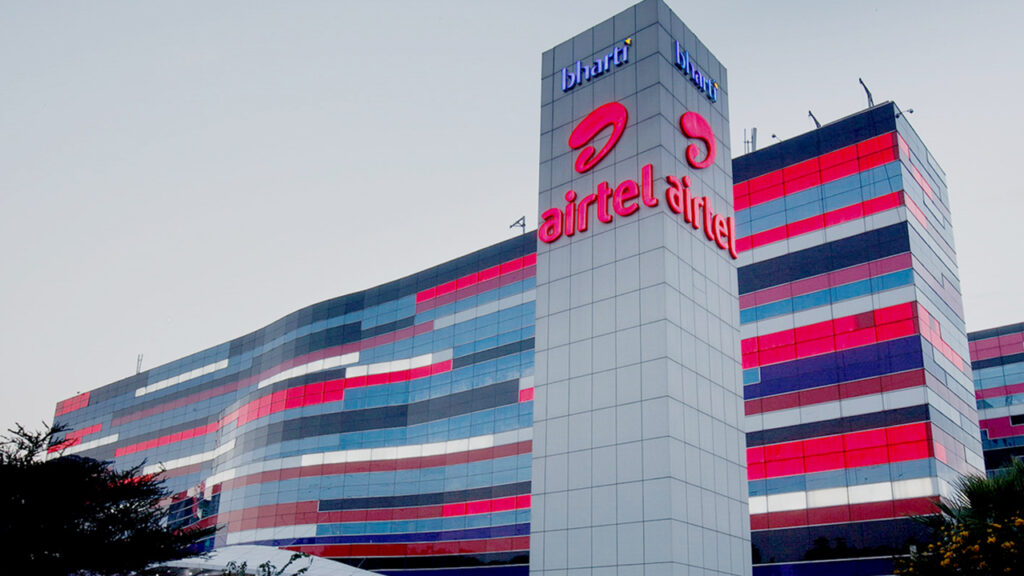
Innovest Afrika has announced the successful completion of the inaugural Innovest Ignite Accelerator program, which concluded with a Demo Day in Lagos.
The event marked the culmination of rigorous training and mentorship for ten promising startups, with a special focus on nurturing the entrepreneurial spirit of Nigerian innovators.
The Demo Day featured 10 graduating startups from the accelerator program, where they pitched their innovative solutions to a panel of esteemed judges.
Startups Bunce, Blueroomcare, and Run were each awarded an investment of $10,000 by Innovest Afrika, recognising their potential to influence the market significantly.
Additionally, the audience selected three startups for special grant awards for $1000 each: Run won Best Overall Pitch, Belarush was honored with the Most Innovative Idea, and Smartpharm took home the prize for the Most Socially Impactful Idea.
Founder, Innovest Afrika, Femi Moito, said the firm aims to support 5000 tech startups by providing founders with support, mentorship, resources and funding through their accelerated programmes.
He said that globally Africa accounts for just 2% of access to all tech founders funding in the last 10 years and need to retain tech startups within the continent, thus the reason for their focus on Africa.
We are focused on accelerating African founders. We run accelerator programs and we started in Lagos. We got 470 application, out of which we chose 10 startups.
He noted that Innovest Afrika plans to expand the Innovest Ignite Accelerator to other key cities across Africa and the United States, including Accra, Nairobi, Houston, Atlanta, and Detroit, aiming to replicate the success of the Lagos program and continue building the next generation of African unicorns.
Co-Founder, Semicolon, Ashley Immanuel, harped on the importance of ease of doing business in building a thriving digital economy.
She added that transparency, infrastructure, market predictability and implementation of the startup Act are important things the government can put in place to aid the sector.
“In Nigeria, the government can wake up and make major regulatory changes that undermine entire business models. Regulation has to evolve, but some predictability and consultation would help cushion the effects of such steps,” she said.
She urged technology investors to collaborate in helping the government make improvements and hold them accountable, while tasking innovators to be led by the problems they intend to solve and constantly refine their critical thinking skills, which she said can be done through design thinking.
Design thinking considers what is desirable, feasible, economically viable and the business model,” she explained.
According to her, if there are a lot of strong capable innovators in the ecosystem, businesses would grow, so with adequate investment in human capacity, companies can access the right talents.
Immanuel predicts that in the next five years, human capital would significantly impact the Nigerian startup ecosystem and called for adequate investments in the area.
“By 2040, over half of the world’s working population would be in Africa. We underestimate sometimes the extent to which the global epicenter would have to shift to Africa. I think Africa is behind in making the relevant investments in talents, infrastructure and others.

